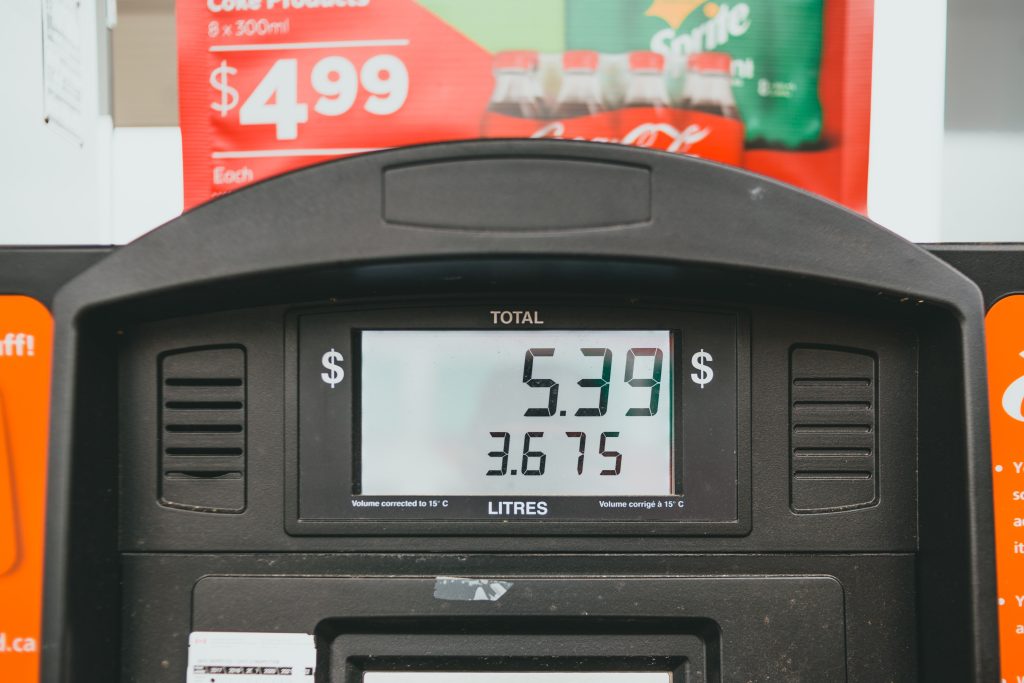The price of crude oil has gone up and will continue to remain volatile after the attack on Israel by Hamas last weekend. On Monday, the price of crude oil rose almost 5% in trading. That reverses significant declines in gasoline prices over the past few weeks.
In Wyoming, gas prices have been trending down since entering the “shoulder season” when gas blends change, people are going back to work and school, and the summer travel season winds down. After summer, these factors combine to push gas prices down.
A seasonal shift from “busy summer travel to relatively quiet fall months has cut demand for gasoline,” says Patrick de Haan, head of Petroleum Analysis at Gas Buddy. In the event of a prolonged rise in oil prices, the drop off in demand for gasoline could help prevent prices at the pump from rising, de Haan added.
Gas prices in the Cowboy State have been at or near the national average and trending downward. The national average of a gallon of gas fell 7 cents to $3.68, according to AAA, which tracks gasoline prices daily across the United States. In Wyoming, prices are averaging $3.80, which is slightly above the national average, but still down from last week’s $3.87 average. Last month, gas was at $3.958 on average.
But de Haan tells ABC News that if there is a prolonged, protracted war in Israel and other countries in the Middle East get involved, that could spike oil prices, which would convert paying more at the pump. A prolonged environment of elevated oil prices would eventually push gas prices higher.
de Haan added, “It would require something extraordinary.”
“Something extraordinary” could be any number of international scenarios including that Iran and/or Saudi Arabia would be directly or indirectly involved with the attack on Israel. Iran monetarily supports Hamas, the group who planned and initiated the brutal attacks on Israeli citizens that left 900 people dead and over 2,600 injured.
Iran has denied involvement in the attack. Israel and the U.S. have both said that they do not have any hard evidence of a direct Iranian role in the attack.
According to experts, Iran exports anywhere from 500,000 to 700,000 barrels of oil a day. Any sanctions placed on Iran could jeopardize oil exports or production. Saudi Arabia is the second largest producer of oil in the world. It has been vocal and influential in many international issues, including Israel and the rights of the Palestinians to exist on the Gaza Strip.
Current sanctions placed on Iran have severely limited their oil output in recent years, “the nation remains an oil producer and asserts control over the passage of tankers through the Strait of Hormuz, a trading route that facilitates the transport of about 15% of global oil supply,” Timothy Fitzgerald, a professor of business economics at Texas Tech University who studies the petroleum industry, told ABC News.
“It’s a big choke point,” Fitzgerald said. “In the worst-case scenario, if you were to cut off all of the oil coming out of the Strait of Hormuz it would be a massive shock.”
Saudi Arabia and Iran are also part of OPEC, which is a group of countries that produce and export oil and petroleum worldwide.
All of these factors could come into play and not only raise the price of gasoline, but other petroleum-based products that consumers use everyday.










